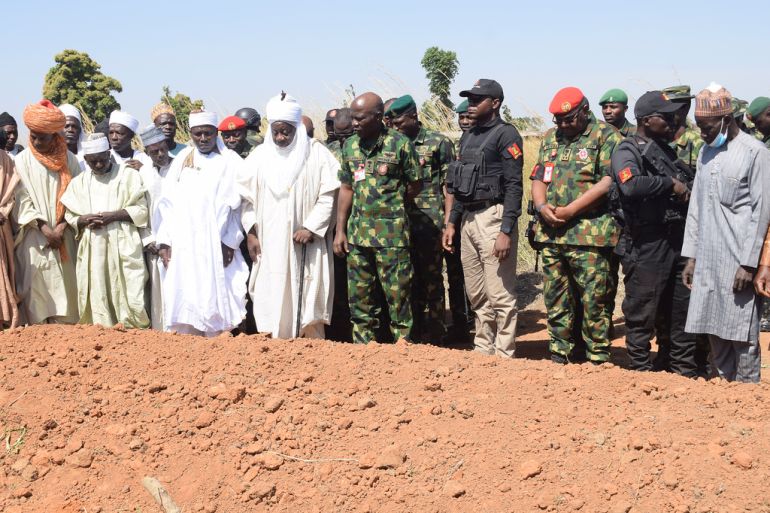The recent tragic incident in Kaduna state, north-west Nigeria, where at least 85 civilians lost their lives in an air strike during a Muslim religious celebration, demands immediate attention and a thorough investigation.
The incident, described by President Bola Tinubu as a “bombing mishap,” and Governor Uba Sani attributing it to a military drone mistakenly targeting civilians, underscores the urgent need for accountability and transparency in military operations.
This is not an isolated incident, as history has shown that civilian casualties persist in Nigeria’s conflict zones. This is not the first time that civilians have borne the brunt of military operations in Nigeria. The Nigerian military has been involved in numerous incidents where civilians were unintentionally targeted or caught in the crossfire. One notable example is the infamous Rann bombing of 2017, where a Nigerian Air Force jet mistakenly bombed a camp for internally displaced persons, resulting in over 200 deaths and many more injuries.
In another incident in 2018, a military airstrike in Zamfara state led to civilian casualties during an operation against bandits. These examples highlight a disturbing pattern of civilian harm in conflict zones, raising questions about the effectiveness of military protocols and the need for more stringent measures to protect non-combatants.
To restore public trust and uphold the principles of justice, it is imperative that a transparent and impartial investigation be conducted and the findings should be made public to ensure accountability for those responsible and prevent such incidents from recurring.
Ensuring accountability is not just about seeking justice for the victims and their families; it is also crucial for achieving lasting peace in conflict-affected regions. The lack of accountability erodes public trust in the military and undermines the government’s credibility. The Nigerian government needs to implement robust rules of engagement, and hold those responsible for civilian casualties accountable.
Moving forward, the government must promptly initiate an independent and impartial investigation into the recent air strike in Kaduna state. This investigation should involve representatives from civil society, human rights organizations, and legal experts to ensure transparency and credibility.
If the investigation reveals negligence or misconduct by military personnel, those responsible must be held accountable through legal and disciplinary measures. This sends a strong message that actions leading to civilian casualties will not be tolerated.
The military should conduct a comprehensive review of its protocols and rules of engagement to minimize the risk of civilian casualties during operations. Training programs should emphasize the importance of distinguishing between combatants and non-combatants.
The government must prioritize the protection of civilians in conflict zones, implementing measures to prevent them from being inadvertently harmed during military operations. This includes improved intelligence gathering, technology utilization, and coordination between different security agencies.
The tragic incident in Kaduna state serves as a stark reminder of the urgent need for accountability and a reevaluation of military operations in conflict zones. Only through these steps can Nigeria move towards a future where its citizens can live without fear of becoming unintended casualties of armed conflicts.

